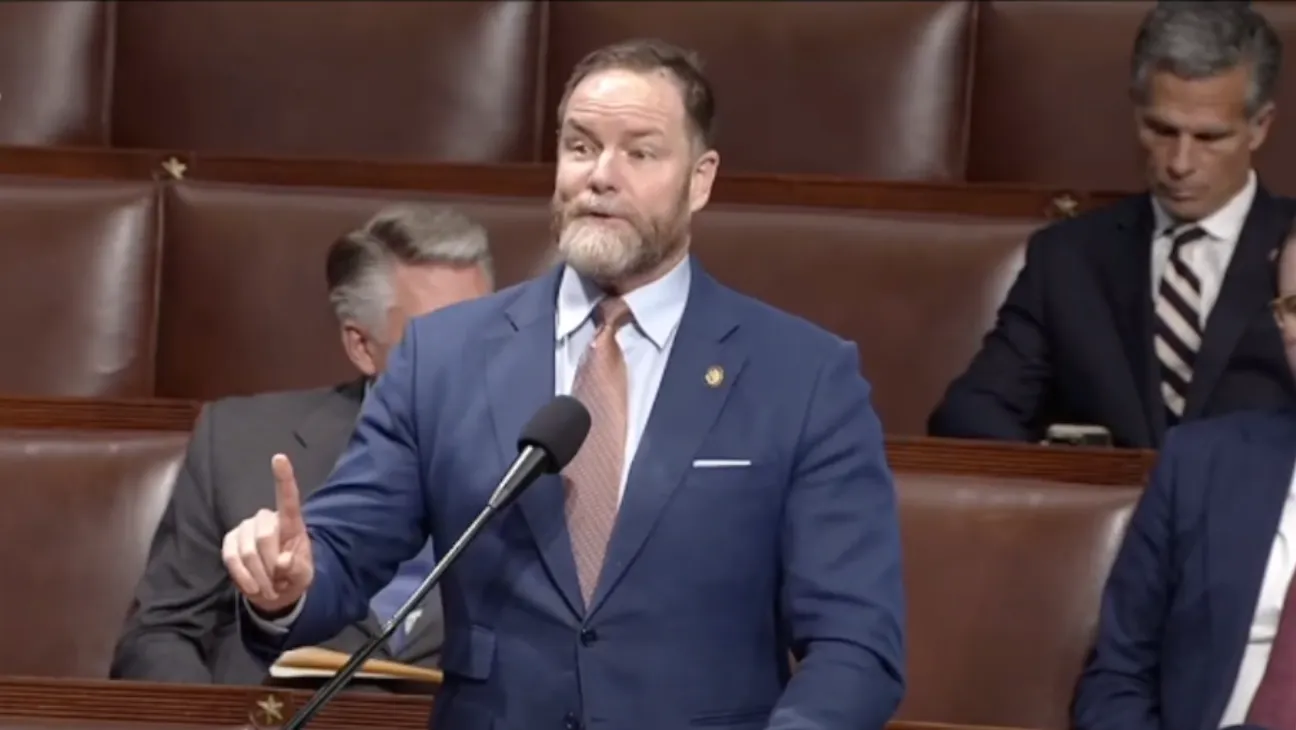Rep. Aaron Bean (R-FL) on the House floor backed a new Republican-led bill aimed at cutting what he called “reckless” government spending.
Speaking earlier this month, Bean rallied support for the Rescissions Act of 2025, a measure supported by former President Donald Trump. The bill targets several overseas programs, including diversity initiatives and electric vehicle projects funded by U.S. taxpayers.
“Today is the day we take the first step in restoring fiscal discipline,” Bean said. “No more tax dollars to fund DEI programs in Serbia. No more DEI musicals in Ireland. No more electric vehicles in Vietnam.”
The bill, labeled HR4, is one of the first major spending measures from the GOP-led House since the start of the session. Supporters say it would claw back money from a variety of programs they consider unnecessary or misaligned with American priorities.
Bean addressed concerns from lawmakers and voters alike who’ve pushed for a tighter federal budget. “I know there are budget hawks. I know there are people that care about the deficit—which should be everybody in this room,” he said.
He framed the bill as a correction to years of unchecked spending and argued that taxpayers have had enough. “Let’s pass this bill, Mr. Speaker, and let’s go get them.”
The congressman did not specify the total amount the bill would cut but focused his remarks on foreign-based projects he sees as symbolic of bigger issues.
Critics of the bill say many of the programs being cut represent soft diplomacy or global cooperation. Some Democrats argue that pulling funding from cultural or climate-based programs could hurt long-term U.S. relationships abroad.
But really, what Bean said in his speech is part of a much larger playbook for fiscal conservatives. The goal is straightforward: cut spending on foreign commitments and roll back domestic programs that they believe are shaped by progressive values.
The bill now heads to committee review, where it could face pushback from both parties. But it signals the House majority’s intent to shift spending priorities as budget talks begin for 2025.
Will the Senate even vote on the measure? Right now, that’s anyone’s guess. In the meantime, Republicans seem perfectly happy to shift the entire conversation back to government spending.







